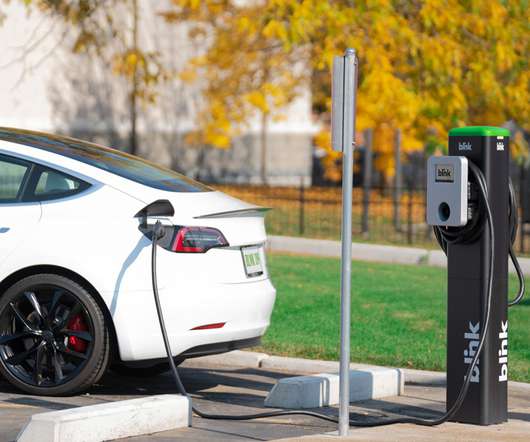Harvard/Nanjing study: China’s war on PM2.5 pollution is causing more severe ozone pollution
Green Car Congress
JANUARY 3, 2019
In early 2013, the Chinese government declared a war on air pollution and began instituting stringent policies to regulate the emissions of PM 2.5. Cities restricted the number of cars on the road, coal-fired power plants reduced emissions or were shuttered and replaced with natural gas. Over the course of five years, PM 2.5




























Let's personalize your content